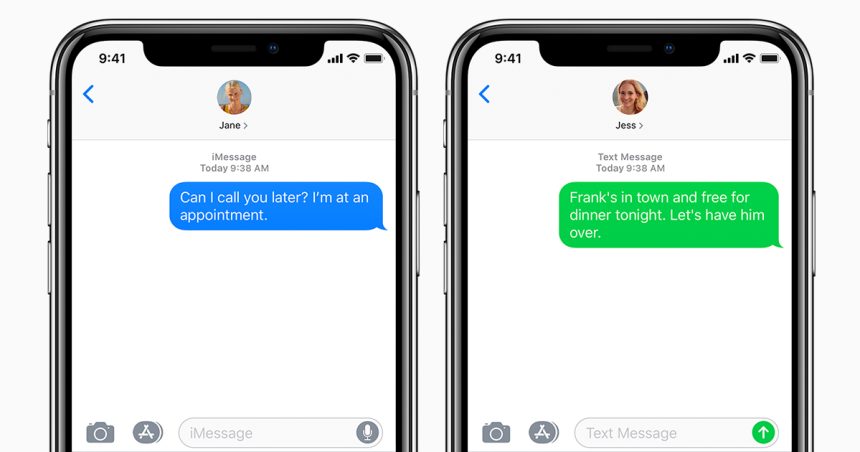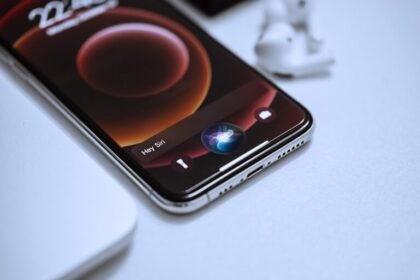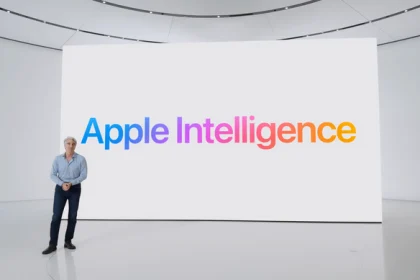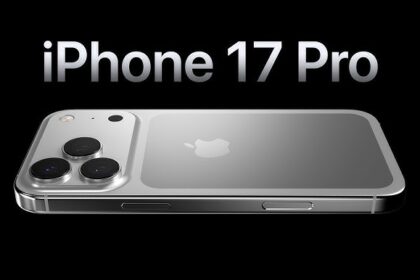Apple has announced its intention to integrate support for the RCS standard on iOS starting next year. This comes as no surprise because we know it’s going to happen, it’s just a matter of time. Now that it’s happening, what does this mean for Apple and its users?
Well, this move by the tech giant aims to address the longstanding issue of text messaging compatibility between iPhones and Android smartphones, a problem that has often been referred to as the infamous “green bubble” dread.
For years, critics have raised concerns about Apple’s reluctance to adopt RCS, which has contributed to the fragmentation of messaging ecosystems, particularly affecting Android users. The company’s perceived commitment to maintaining ecosystem exclusivity has sparked debates within the tech community about the importance of interoperability and user convenience.
However, Apple’s recent announcement signals a major shift in its stance. The company stated that it believes the “RCS Universal Profile will offer a better interoperability experience when compared to SMS or MMS.” This support for RCS is expected to work alongside iMessage, which Apple asserts will continue to be the premier and most secure messaging experience for its users.
This reversal follows Google’s persistent requests and public pressure on Apple to incorporate RCS support for iPhones. Hiroshi Lockheimer, SVP at Google, highlighted the issue of “green bubbles” last year, referring to the visual distinction between messages sent from Android to iPhone, displayed in a green bubble.
Despite embracing RCS, Apple has confirmed that messages will still be displayed in green bubbles. This decision has sparked discussions, with critics emphasizing the importance of Apple supporting the industry-standard RCS in iMessage, aligning with modern messaging practices.
The history of Apple’s stance on RCS is not new. Tim Cook, Apple’s chief, dismissed the idea of adopting RCS in iMessage a year ago. Internal documents revealed during the legal battle with Epic Games shed light on the company’s conscious decision to keep iMessage within its ecosystem, viewing it as a tool for user retention.
RCS, a collaborative effort by industry players like Google, Samsung, and telecom operators, aims to enhance traditional SMS with features such as richer texts and end-to-end encryption. Despite its widespread adoption, the lack of RCS support from Apple has been a hindrance to seamless communication between Android and iPhone users.
This recent decision by Apple coincides with calls from Google and telecom operators for EU regulators to categorize iMessage as a “core” service under the new Digital Markets Act. This push seeks to compel Apple to make its chat app fully compatible with rival platforms. As Apple discloses its anticipation of policy changes to comply with upcoming guidelines, the tech industry eagerly awaits the impact of this paradigm shift in the messaging landscape.





